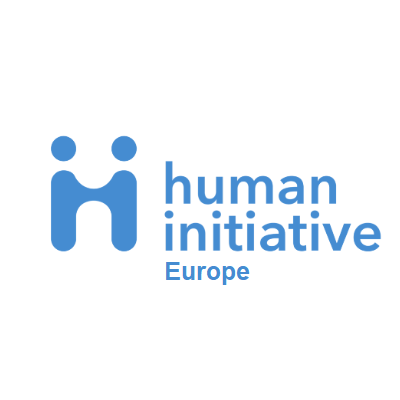
Qurban as a Humanitarian Act: Strengthening Communities Through Compassion
For many faith-based NGOs, Qurban (or Udhiyah) is not only a religious observance—it is a deeply meaningful opportunity to serve humanity. Celebrated by Muslims around the world during Eid al-Adha, Qurban commemorates the Prophet Ibrahim’s devotion and willingness to sacrifice for God. But in today’s context, this sacred tradition offers far more than religious symbolism—it delivers vital support to some of the world’s most vulnerable populations.
A Tradition Rooted in Giving
Qurban teaches compassion, generosity, and social equity. Its core practice—the distribution of meat from sacrificial animals to those in need—embodies Islamic principles of justice and mercy. For millions facing food insecurity, especially in crisis-affected regions, Qurban meat provides essential nutrition and restores a sense of dignity.
By facilitating Qurban, NGOs help bridge the gap between religious intent and humanitarian impact, channeling spiritual generosity into tangible outcomes.
Meeting Urgent Needs in Fragile Contexts
From conflict zones in the Middle East to famine-stricken areas in East Africa, Qurban programs have become a lifeline. Displaced families, orphans, widows, and low-income communities often rely on these seasonal distributions as their only access to meat throughout the year.
NGOs can leverage Qurban to:
-
Support food security efforts in emergency settings
-
Complement ongoing development programs in nutrition and health
-
Foster trust and cultural connection with Muslim donor communities
Building Global Solidarity
Modern Qurban campaigns are increasingly transnational. Through digital platforms, donors can contribute Qurban to countries they have never visited—demonstrating global solidarity through faith. For NGOs, this creates a unique opportunity to:
-
Engage diaspora and Muslim-majority donors with meaningful impact stories
-
Showcase transparency through real-time reporting, images, and testimonials
-
Expand outreach by aligning faith-based giving with the Sustainable Development Goals (SDGs), particularly Zero Hunger (SDG 2)
Ethical Implementation Matters
Responsible NGOs ensure Qurban is conducted ethically, in accordance with religious guidelines, animal welfare standards, and local laws. This includes:
-
Verifying halal-compliant slaughter practices
-
Prioritizing local procurement to support community economies
-
Distributing meat equitably, with attention to gender, disability, and vulnerability
Transparency, cultural sensitivity, and accountability are key pillars that reinforce the integrity of Qurban programming.
Conclusion: From Sacrifice to Sustainable Impact
Qurban is more than a religious ritual—it is a humanitarian act with the power to heal, nourish, and uplift. For NGOs, it offers a unique moment each year to align spiritual values with humanitarian action. By facilitating Qurban with compassion and care, we not only honor a sacred tradition—we help build a more just, resilient, and compassionate world.
